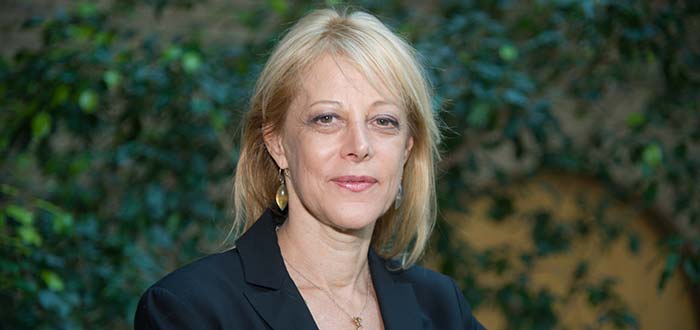Karen Greenberg wrote an op-ed for the Daily News about the trial of the five 9/11 defendants accused of orchestrating the attacks.
Someday soon, the U.S. government is likely to release 28 classified pages of a much sought-after piece of history. The pages — redacted from a 2002 Joint Congressional inquiry into the 9/11 attacks — reportedly address the relationship between the Saudis and the 9/11 plot.
While we wait, politicians and pundits are trading best guesses over exactly what facts might possibly be revealed and how incriminating it might be to a long-time strategic partner.
This determined quest for the truth is admirable, but it forces us to confront why so many people have seemingly had so little urgency for so long about another, much larger lapse in the explanations surrounding the worst terror attacks in U.S. history — namely, the ever-delayed trial of the five 9/11 defendants accused of orchestrating the attacks, including the accused mastermind, Khalid Sheikh Mohammed.
…
[C]ountless pre-trial hearings at Guantanamo seem destined to perpetually continue, with prosecutors tied up in knots about how to provide sensitive evidence and with defense attorneys pointing to the innumerable injustices that their clients have faced, from physical and psychological mistreatment to denial of procedural rights.
…
Trials exist for the purpose of determining guilt and innocence and bringing justice to the perpetrators; at the same time, they may help bring closure to the victims of a crime. Speaking of the the American people broadly, Beth Israel psychiatrist Dr. Igor Galynka explained, “We are victims of a crime, and until there’s a verdict and the perpetrators are punished, many go through anguish. Only until justice is done, can some feel that they can move on.”
Perhaps this intense discussion of the 28 pages will awaken the country — and the government — to the need for the kind of closure that only the prosecution of the 9/11 conspiracy can bring.

